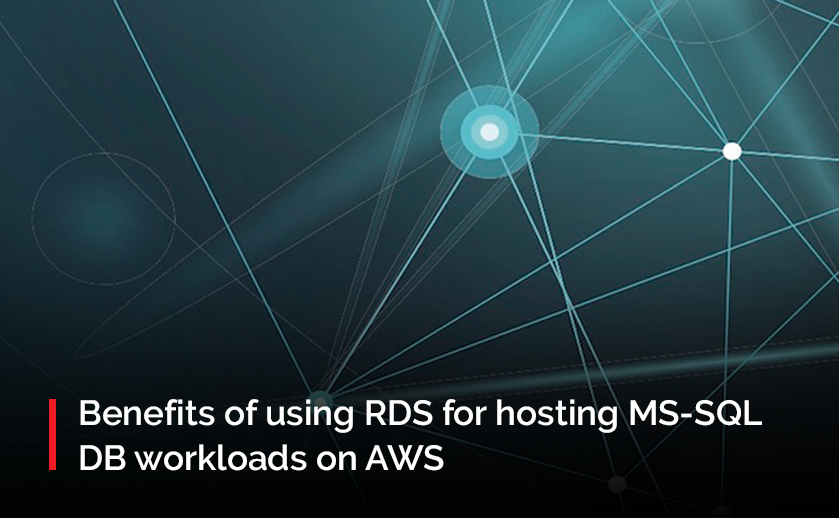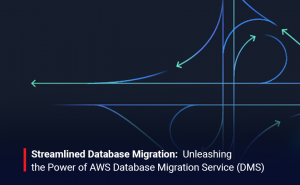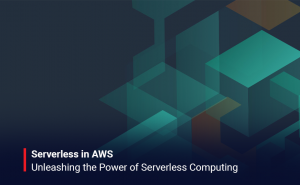Benefits of using RDS for hosting MS-SQL DB workloads on AWS
by Pentagon | Dec 19, 2022 | Blogs |

- Simplified management: RDS takes care of time-consuming tasks such as database setup, patching, backups, and recovery, allowing you to focus on building and running your applications.
- High availability and durability: RDS automatically creates and maintains backups of your database and can failover to a standby replica in the event of an outage, ensuring the availability and durability of your data.
- Performance: RDS allows you to easily scale the compute and storage resources of your MS-SQL DB instance to meet the needs of your workload, helping improve the performance of your applications.
- Security: RDS provides several built-in security features, such as encryption at rest and in transit, to help protect your data. You can also use AWS Identity and Access Management (IAM) to control access to your RDS instances and data.
- Cost-efficiency: RDS offers several pricing options, including on-demand and reserved instances, which can help you optimize your costs based on your specific usage patterns. You only pay for the resources you use and can easily scale up or down as needed.






